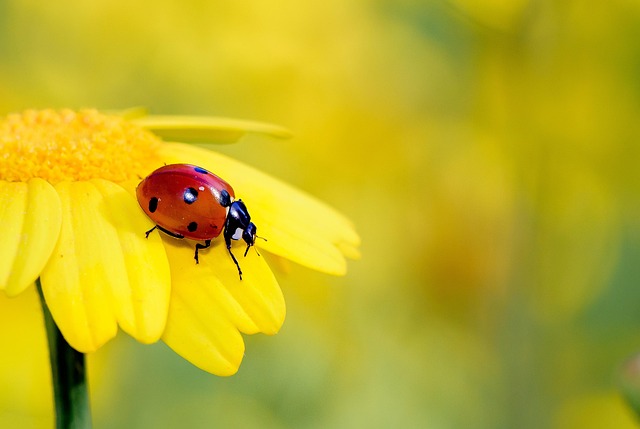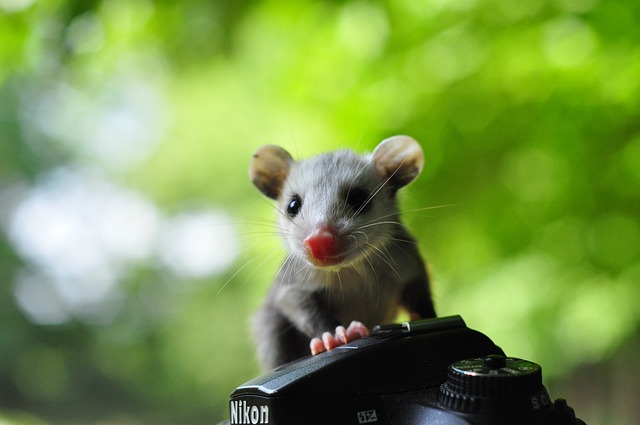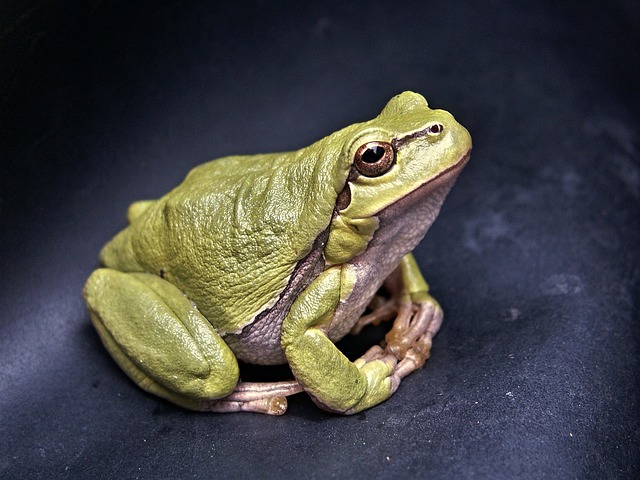



Why are insects important? Because they are vital to all life on this planet, including yours. E.O Wilson called insects the little things that run the world. Doug Tallamy says “Insects are the ecological currency in our bank accounts.” Even the United States Forest Service says, “Without pollinators, the human race and all of earth’s terrestrial ecosystems would not survive.” So why isn’t this common knowledge?
Here’s something else that’s not well known. I’ll bet you never thought of insect loss as a contributing factor to climate crisis, but insects and climate are closely related. Consider this: Insect diversity is absolutely essential for healthy ecosystems, which stabilize climate.
Many scientists are sounding the alarm. Francisco Sanchez-Bayo, environmental scientist at the University of Sydney, predicts catastrophic consequences of insect loss. “The word catastrophic is appropriate because the disappearance of insects brings with it the starvation of myriad vertebrates that depend on them, and therefore the collapse of entire ecosystems.”
Ecosystem services provided by insects
In our country, ecosystem services provided by insects are worth an estimated 57 billion dollars a year (not including the value of pollination). World-wide value is estimated at 33 trillion dollars annually. Why am I mentioning global economic value? Because insect loss is a world-wide problem.
Beneficial insects provide the following ecosystem services:
- Pollinate fruits, vegetables and flowering plants
- Decompose organic matter
- Control insect pests
- Maintain healthy streams and soils.
- Provide food webs in agricultural, natural and urban areas.
- Contribute to soil formation
How insects affect the web of life
Insects are the foundation of the Earth’s food web. Without insects, other wildlife would not survive. For example, 96 percent of our backyard birds rely on insects as the exclusive food source for their babies. When you spray your yard for mosquitoes or use pesticides on your lawn, you kill off a baby bird’s food source. This is one of the reasons for bird decline.



I was surprised to discover that insects are 25% of the red fox’s diet. Those adorable opossums, raccoons, skunks, frogs, toads, bears, and garter snakes also eat insects.
Did you know 97% of insects most commonly seen in homes and gardens are considered either beneficial or harmless? Nature provides us with all kinds of assistance for our gardens, but what do we do? We kill insects with pesticides. When we use pesticides in our gardens and on our lawns, we are upsetting the balance of nature.
In the last 20 years, the rusty patched bumblebee has declined by 67%. The US and Canada have lost 3 billion birds in the last 50 years. How long do you think this can go on before the entire web of life collapses? We are part of the web of life on Earth. Can you see that what we do to nature, we do to ourselves?
Causes of insect decline
- Habitat loss
- Synthetic pesticides
- Light pollution
- Increasing global temperatures
- Wildfires, fires, droughts and floods
- Insect “zappers”
- Pathogens
- Invasive plants crowding out native plants
- Monoculture farming
- Introduction of invasive insect species
- Microplastics
- Pollution
- Deforestation from clear cutting trees
- Excessive deer populations that eat all forest floor growth
Looking at this list, it feels like insects don’t stand a chance. No wonder we’re losing them at a rapid rate.
More on why we need insects
Insect loss can have disastrous effects on food webs. Insects pollinate over 85% of wild flowering plants and over 75% of agricultural crop species. Pollination is also important to plants, because unfertilized plants are unable to form fruit and set seeds.
Insects keep harmful organisms in check. Dragonflies eat mosquitoes. Lacewings control agricultural pests like aphids and mites. Beetles are very important for the removal of waste products from the environment. Adding dung beetles to farms promotes disease resistance against food-borne pathogens.
Insects form the base of the food web. They feed fish, birds, reptiles, frogs, toads, salamanders and mammals. Mosquitoes and gnats provide food for fish, bats and birds. Sixty percent of the world’s birds are insect eaters and one quarter of the world’s human population includes insects in their diet.
Insects disperse fruit and seeds so plants don’t have to rely on wind pollination. Ants spread seeds of about 11,000 different plants. Isn’t that amazing?
Insects break down and recycle dead matter to form new life. They clean up dung, dead plants, and animal bodies and return them to the soil as nutrient-rich organic matter. We would be up to our necks in waste without this service.
How you can help
- Don’t use pesticides or synthetic fertilizers.
- Add native plants to your garden.
- Remove invasive plants.
- Turn off outside lights or install a timer.
- Learn about insects. The more you learn, the more you care.
- Spread the word—talk to friends and neighbors.
- Write to your legislators about pesticides and mosquito spraying.
- Join Xerces Society
- Join our TTM Biodiversity Group.
Nature knows how to create a balance. We have to stop disrupting it. Supporting insect populations is crucial for the survival of all life on earth. Too many people find insects to be repulsive and don’t understand how important they are to the ecosystems that maintain life on our planet. Education is the key to changing this perception. Please help me spread the word about why insects are important by sharing this blog.

Leave a Reply